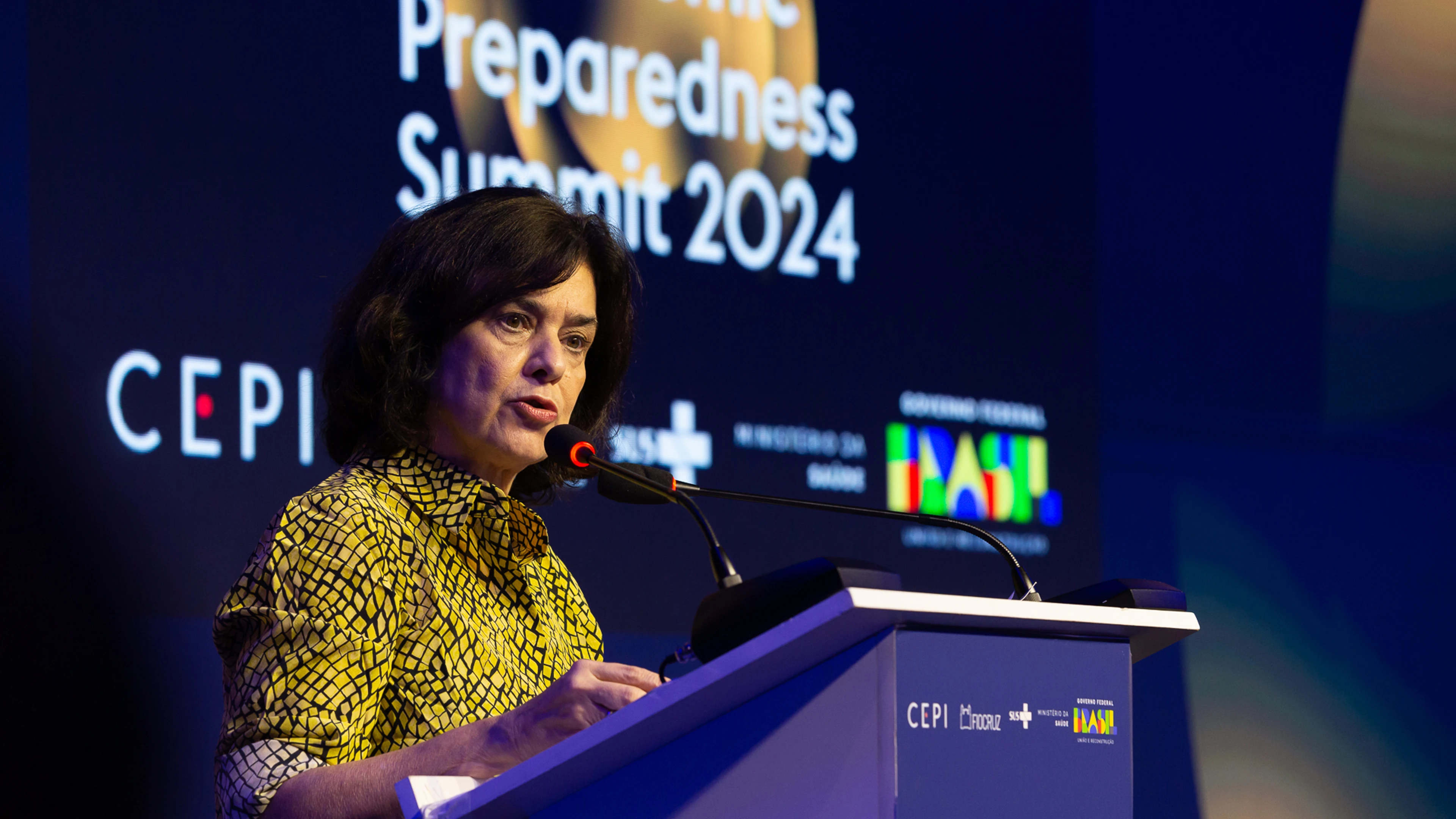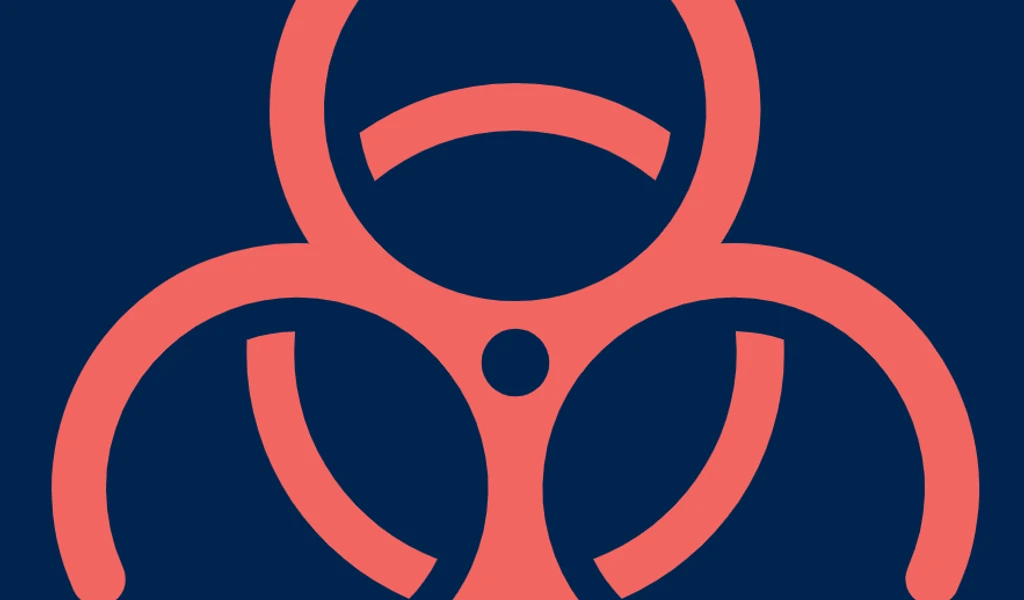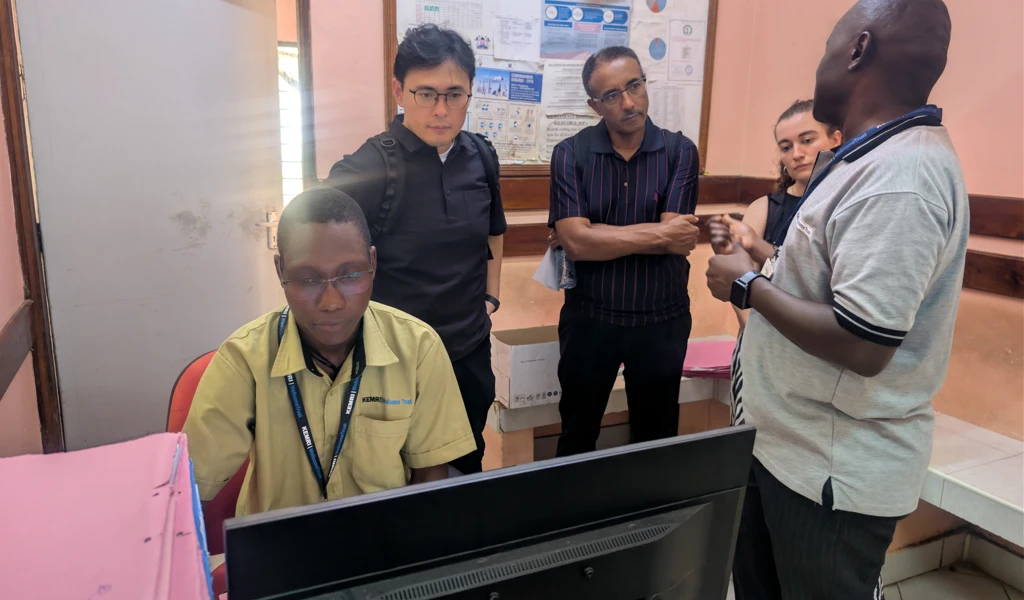The Global Pandemic Preparedness Summit 2024: Outcomes Report, published today, distils the discussions, reflections, and recommendations that emerged from the Summit. The report aims to inform global leaders’ decision-making around international pandemic preparedness efforts by presenting outcomes and recommendations that summarise the views of the Summit’s diverse field of over 80 expert speakers and panellists.
Focus areas of the Summit
The Ministry of Health of Brazil, Fundação Oswaldo Cruz, and CEPI co-hosted the Global Pandemic Preparedness Summit 2024 on July 29 and 30, 2024, in Rio de Janeiro, Brazil. The unique global convening aimed to reinvigorate momentum for pandemic preparedness and response by bringing together over 350 R&D and manufacturing experts, government officials, civil society representatives and leaders from industry and the global health community from over 50 countries, representing over 190 organisations.
The Summit centred on three complementary themes—each aligned with Brazil’s G20 Health Working Group priorities—which are key to enabling swift and equitable epidemic and pandemic responses. Participants focussed on seeking alignment on progress as well as articulating barriers and solutions across the three themes:
- Enhancing global disease surveillance.
- Delivering the 100 Days Mission for vaccines, diagnostics and therapeutics.
- Enabling equitable access to vaccines, medicines and other health technologies through strengthening local and regional R&D and production capacity.
Post-COVID, we've learned that equitable R&D, investment and access are crucial for public health. We cannot work only within our countries; we must think beyond borders. It's time for science, technology, and innovation to unite for robust public health policies. We must work together in global health so that it becomes a reality.
Summit finds growing consensus around weaknesses and how to overcome them
Summit discussions highlighted growing consensus around the most significant gaps and weaknesses in preparedness and how to overcome them. These includedbroad scientific consensus around the pathogen family approach to R&D, as signalled by the WHO-led pathogen prioritisation framework presented at GPPS; growing cross-sectoral support for the 100 Days Mission for diagnostics, therapeutics and vaccines; and widespread acknowledgement of the need for strong regional collaboration to enhance and sustain surveillance, R&D, and manufacturing capacity and capability in the Global South.
Heightened focus on three critical elements of the global pandemic preparedness and response ecosystem—equity, financing and collaboration—were also championed by Summit participants.
The fundamental challenge of achieving equity and the urgent need for a Pandemic Agreement that addresses outstanding equity issues was stressed. On the subject of financing, delegates discussed how preparedness for future pandemics must be underpinned by a resilient financing ecosystem capable of overcoming the historic cycle of panic and neglect across the value chain. In particular, funding mechanisms that can mobilise resources rapidly during an emerging pandemic situation were identified as one such approach that should be supported. Global collaboration and partnership were also highlighted as central to the world’s ability to deliver a robust response to future pandemic threats, and that future responses would stand or fall by our ability to work together, to coordinate efforts, to share data, to pool resources and funds, to be transparent and to respect the value of every life equally.
A global platform for collaboration
Global health partners used the Summit platform to announce new commitments and initiatives to advance global pandemic preparedness. Announcements included the publication of the WHO-led work on pathogen families—a significant contribution to the global ecosystem that provides a framework for collaboration on this approach; and the Rio de Janeiro Declaration, signed by a distinguished group of Global South partners, which calls for health sovereignty in innovation and R&D in the Global South. A full list of announcements made at the Summit is available in the report.
The Global Pandemic Preparedness Summit 2024 was co-designed with global health partners FIND, the International Pandemic Preparedness Secretariat (IPPS), the Pan American Health Organization (PAHO), Unitaid and the World Health Organization (WHO).


.webp)

